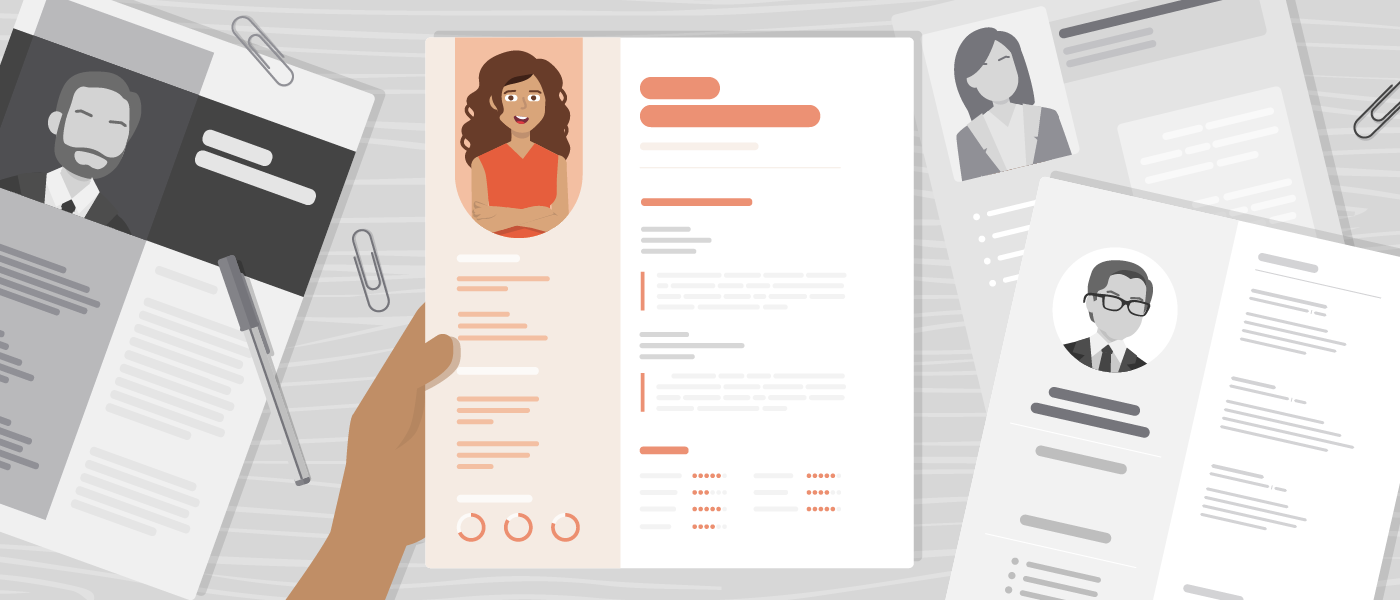
An open-book exam sounds like an easy A. But in law school, the reality is different. Even though you can bring in your outline, casebook, and other materials, open-book exams are deceptively challenging. This guide breaks down how to avoid preparation mistakes and succeed on an open-book exam.
Open-Book Doesn’t Mean Easy
In the early days of my 1L civil-procedure course, my professor shared that the final exam would be open book. We would be permitted to bring in anything we wanted: casebooks, hornbooks, outlines. The fact that we didn’t have to memorize the material made the exam seem so approachable.
In reality, the exam was anything but approachable. We were handed a fact pattern that raised every concept covered in the course and allotted a mere 3 hours to write. Ultimately, the rush to analyze each issue in my exam response meant there wasn’t time to dig deep into my notes. I glanced at my outline a few times to copy down rule statements, but I spent the vast majority of time issue spotting and writing.
The takeaway is this: if your professor is removing the burden of memorization, your professor probably expects more of you on the exam. Avoid these preparation mistakes for open-book exams:
In reality, the exam was anything but approachable. We were handed a fact pattern that raised every concept covered in the course and allotted a mere 3 hours to write. Ultimately, the rush to analyze each issue in my exam response meant there wasn’t time to dig deep into my notes. I glanced at my outline a few times to copy down rule statements, but I spent the vast majority of time issue spotting and writing.
The takeaway is this: if your professor is removing the burden of memorization, your professor probably expects more of you on the exam. Avoid these preparation mistakes for open-book exams:
- Don’t underestimate the open-book exam. The most crucial mistake to avoid is underpreparing. It’s easy to overlook an open-book exam, especially if you’re facing other finals as well. Allocate your time equally among all your exams. An open-book final demands similar preparation time to other exam formats.
- Don’t plan to learn law during the exam. Open-book finals tend to be time pressured, so your best bet is to prepare as though the exam were closed book. There won’t be time to review concepts in any depth. Realistically, you’ll be able to glance at your notes or outline only a handful of times during the exam.
- Don’t tab the casebook. Other students in my civ pro class spent study time adding flags to the casebook. They ended up with beautifully color-coded casebooks, but their efforts didn’t give them an advantage. During the time-pressured exam, there wasn’t time to reconsider the cases in detail. Instead, you need access to ready-to-use rule statements that you can dump right into your exam answer.
Prepping for an Open-Book Final
So how should you prepare for an open-book exam? Follow usual study methods with a few tweaks.
Create an outline
Outlining helps you develop an understanding of how the rules work and a keen awareness of facts that triggers application of the rules. Without this understanding, you won’t be able to spot the issues raised in the fact pattern. If you can’t spot the issues, you won’t know what to look up in the materials you bring into the exam.
The best outlines for open-book exams distill the course material into a form that’s useful on the exam. Include rule statements that you can readily apply to the exam hypotheticals. Bold key language in the rule statements. In addition, think through how you’ll navigate your outline during the exam. Prepare a table of contents or tab the outline for quick navigation.
The best outlines for open-book exams distill the course material into a form that’s useful on the exam. Include rule statements that you can readily apply to the exam hypotheticals. Bold key language in the rule statements. In addition, think through how you’ll navigate your outline during the exam. Prepare a table of contents or tab the outline for quick navigation.
Prepare an issue-spotting checklist
Issue-spotting checklists allow you to plan the sequence of analysis ahead of time. The checklist facilitates organized and complete exam analysis that is sure to earn a high score. You can incorporate the checklist into your outline or compose a separate document. Develop a checklist for each major area of law that could appear on the exam.
Here’s an example checklist for analyzing whether an agent’s acts will bind the principal:
Here’s an example checklist for analyzing whether an agent’s acts will bind the principal:
- Did agent have actual authority?
- Express?
- Implied?
- Did agent have apparent authority?
- Did principal ratify the contract?
A checklist is an effective way to preplan the analytical steps you’ll follow on the exam, but it isn’t the only strategy. Flowcharts are another great method if you like working with visuals.
Practice open booking an essay
Locate relevant essay questions, and practice with them. Practice sessions will allow you to develop comfort using your outline and issue-spotting checklist. After each practice essay, self-assess. Read the sample answers to the essay questions, and evaluate your work.
Comparing your essay to the sample answer often reveals mistakes in your work. If you missed an issue or rule statement, that’s a cue to return to your materials. Consider whether you need to flesh out a rule statement, add an analytical step, or retool the organization of your issue-spotting checklist. Mistakes are a part of the learning process. Carefully analyzing your mistakes will lead to better performance on exam day.
Comparing your essay to the sample answer often reveals mistakes in your work. If you missed an issue or rule statement, that’s a cue to return to your materials. Consider whether you need to flesh out a rule statement, add an analytical step, or retool the organization of your issue-spotting checklist. Mistakes are a part of the learning process. Carefully analyzing your mistakes will lead to better performance on exam day.
Maximize Efficiency on Exam Day
Efficiency is king on the open-book exam. Scoop up as many points as possible with these exam-day tips:
- Timebox each part of the exam. Timeboxing means allocating a time budget to a task ahead of time. Scan the complete exam packet, determine how many points are allocated to each component of the exam, and divide your time accordingly. Note your plan at the top of the page, and stick to it.
- Read essay fact patterns twice. Open-book exams typically feature meaty hypotheticals. You’ll earn more points if you spot more issues, so don’t make the mistake of turning to writing too quickly. Instead, discipline yourself to read the fact pattern twice. Reflect on why each fact was included, and make a list of the issues you spot.
- Focus on writing. The highest-scoring exam answers contain in-depth analysis of the issues raised in the fact pattern. To produce high-scoring analysis, spend the majority of your time writing, not rereading your notes or outline.
Quimbee has your back in law school and beyond. Expert-written case briefs, outlines, and a practice-oriented bar review course give you the edge you’ll need to ace law school finals and conquer the bar exam.







